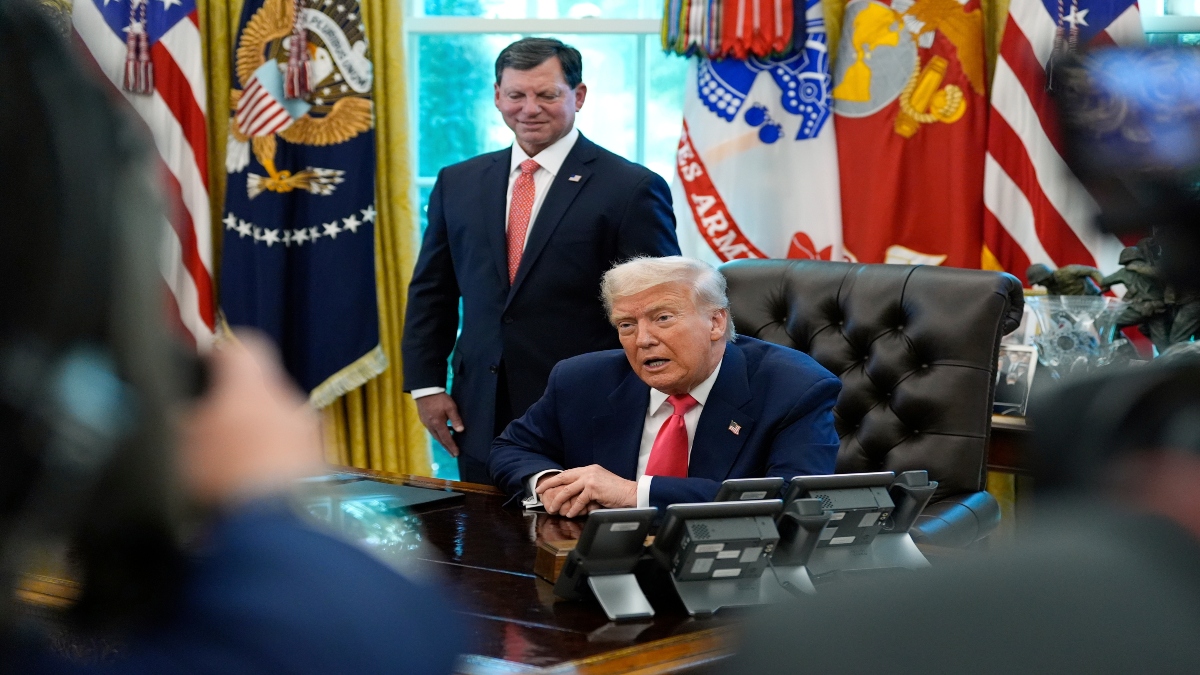US President Donald Trump on Thursday downplayed expectations of an immediate breakthrough at his upcoming summit with Russian President Vladimir Putin, saying the main objective of the Alaska meeting is to prepare for a second round of talks.
Speaking to reporters in the Oval Office ahead of his Friday summit with Putin in Alaska, Trump sidestepped a question on whether anything short of an unconditional and immediate ceasefire in Ukraine would constitute success.
“All I want to do is set the table for the next meeting, which should happen shortly. I’d like to see it happen very quickly,” The Guardian quoted Trump as saying.
“We’re going to find out where everybody stands, and I’ll know within the first two minutes…it’s a bad meeting, it’ll end very quickly, and if it’s a good meeting, we’re going to end up getting peace in the pretty near future,” the President added.
However, his comments mark a shift in tone from the previous day, when he warned of “very severe consequences” for Russia if Putin failed to agree to a ceasefire during the initial talks.
Trump said that European leaders may also be part of the second meeting he hopes to broker between Russian President Putin and Ukrainian President Volodymyr Zelensky aimed at halting the war.
Impact Shorts
More Shorts“The more important meeting will be the second meeting that we’re having,” CNN quoted Trump as saying.
“We’re going to have a meeting with President Putin, President Zelenskyy, myself, and maybe we’ll bring some of the European leaders along, maybe not,“ he added.
Trump said he believes both Putin and Zelenskyy are prepared to make peace after over two years of war, though he acknowledged the conflict has been tougher to resolve than he initially anticipated.
“We’ll see if they can get along,” Trump said, adding, “I thought the easiest one would be this one. It’s actually the most difficult.”
The Alaska summit is the first face-to-face meeting between the two leaders since 2021 and comes amid heightened international scrutiny over possible terms for ending the war in Ukraine.
With inputs from agencies
)